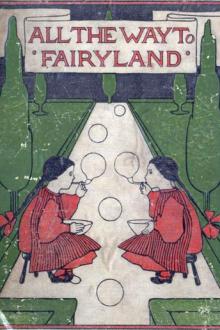Hurricane Island by H. B. Marriott Watson (free novels to read .TXT) 📕

- Author: H. B. Marriott Watson
Book online «Hurricane Island by H. B. Marriott Watson (free novels to read .TXT) 📕». Author H. B. Marriott Watson
Free e-book «Hurricane Island by H. B. Marriott Watson (free novels to read .TXT) 📕» - read online now
Similar e-books:





Comments (0)